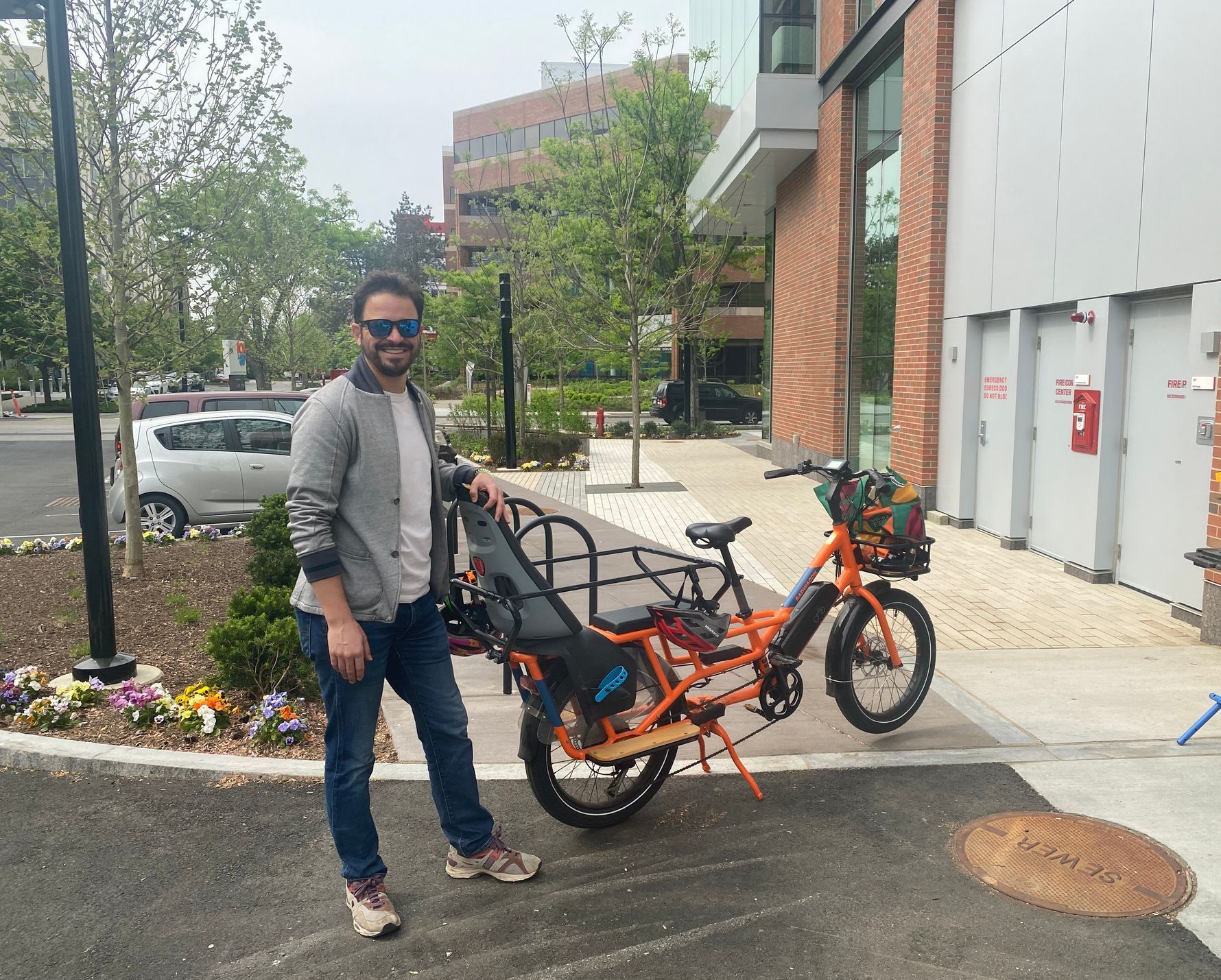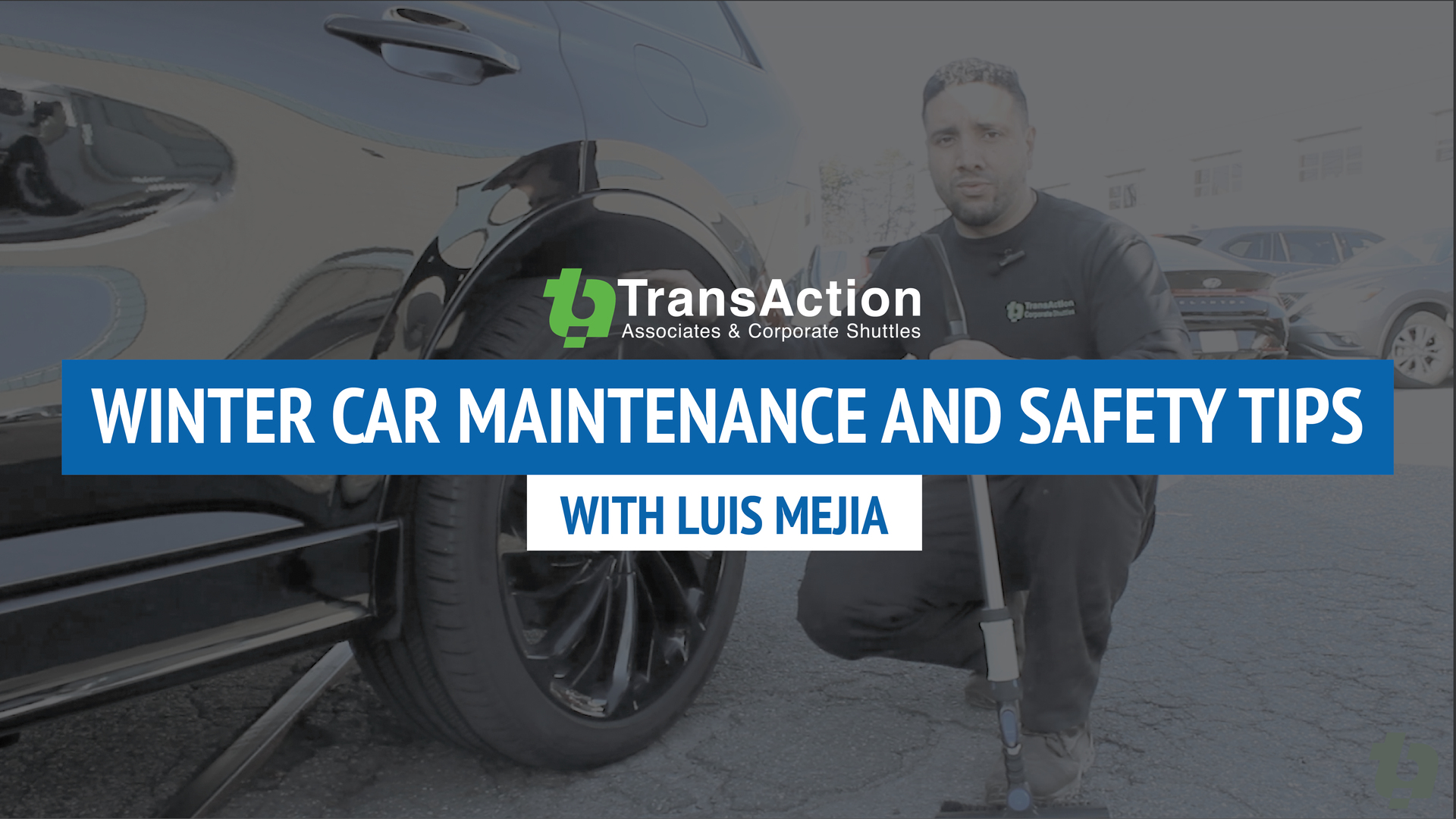Making Bicycle Commuting Work
July 21, 2016
Making Bicycle Commuting Work
Boston is ranked 4th most bike-friendly city according to The League of American Bicyclists
, and continues to move up in ranking for safety and bicycle-friendly roadways and advocacy all the way to the legislative level. Since the last U.S. Census, there has been a 60% increase in bicycling to work.
More and more people are opting to commute via bicycle as opposed to single occupancy vehicle or even mass transit due to growing popularity and increased bike-friendly roadways and trails.
MassCommute Marks Cycling Growth
May 2016 marked the 21st MassCommute Bicycle Challenge
, where commuters competed against one another as employer-based teams to log the most miles commuting via bicycle. MassCommute is comprised of the twelve Transportation Management Associations surrounding greater Boston and supported by MassDOT, MassRIDES and MassBIKE.
Patrick Sullivan, LEED Green Associate and Director of Policy and Outreach at the Waltham-based TMA 128 Business Council said, “Participation has grown more and more every year, which is great. We’re seeing more new faces that are not your typical cyclist saying it’s an efficient way to get to work.”

There are a variety of groups pushing cycling throughout the whole year as opposed to optimal seasons when cycling is more prevalent. It is fast becoming a legitimate way to commute. Through the TMAs, local city and town bike groups and groups formed independently, more resources from local government and grants are funding more bicycle safety and infrastructure.
Making Roadways Better for Bikes
Pro-cycling infrastructure in Boston has improved greatly over the last decade. There are more bike markings, bicycle-friendly roads and bicycle lanes. As a result, the safety and riding challenges associated with cycling in traffic is becoming less of an impediment for those wanting to cycle as a commuting option. Boston is moving in a positive direction, following the lead of big cities with a large commuter cycling population. MassDOT is painting new bike lanes and adjacent smaller cities and towns are following suit, realizing it’s something people want and not just a niche interest—it’s a legitimate mode of transportation and growing in demand.
From the earliest planning stages of new projects in their purview, MassDOT is required to consider all road users, including cyclists. The state upholds these requirements and participates publicly in pro-cycling events and discussions, giving cycling more thoughtful consideration along with our local cities and towns.
The interagency group Boston Complete Streets
is a city organization focused on designing multimodal access which puts pedestrians, bicyclists and transit users on equal footing with motor-vehicle drivers. These efforts are just a few of the important changes occurring in the Commonwealth to create safer and easier access to everyone, regardless of transportation
Bike Sharing with Hubway
Hubway is Boston’s bike sharing organization and provides people with bicycles they can utilize based on their commuting preferences. Hubway stations are strategically located throughout Metro Boston and in proximity to mass transit, universities and businesses. Hubway is adding new bikes, docks and stations to their system every year as demand increases. Unfortunately, user membership fees are insufficient to support the Hubway system, so many corporate sponsors such as New Balance help cover the cost of implementing and maintaining the system.
Do you wonder who takes care of making sure there are enough Hubway bicycles? Hubway has a fleet of “bike balancers,” vans and staff who monitor demand and make sure bikes are available and working. For example, before a Red Sox game, bikes will be more evenly distributed throughout the city for those who wish to bike to and from the game.
Cycling is here to stay, and offers everyone a fun, healthy and low-cost option to getting around town. How can you incorporate more cycling into your life? Check out these helpful links to learn more:
Have questions about bicycle commuting or how you can start a bicycle commuting program at your workplace or community? Contact us with your questions or call us at 781-895-1100.
Subscribe to our monthly newsletter
, DRIVEN, and stay in the loop on the important issues that impact how you get around town.
The Latest
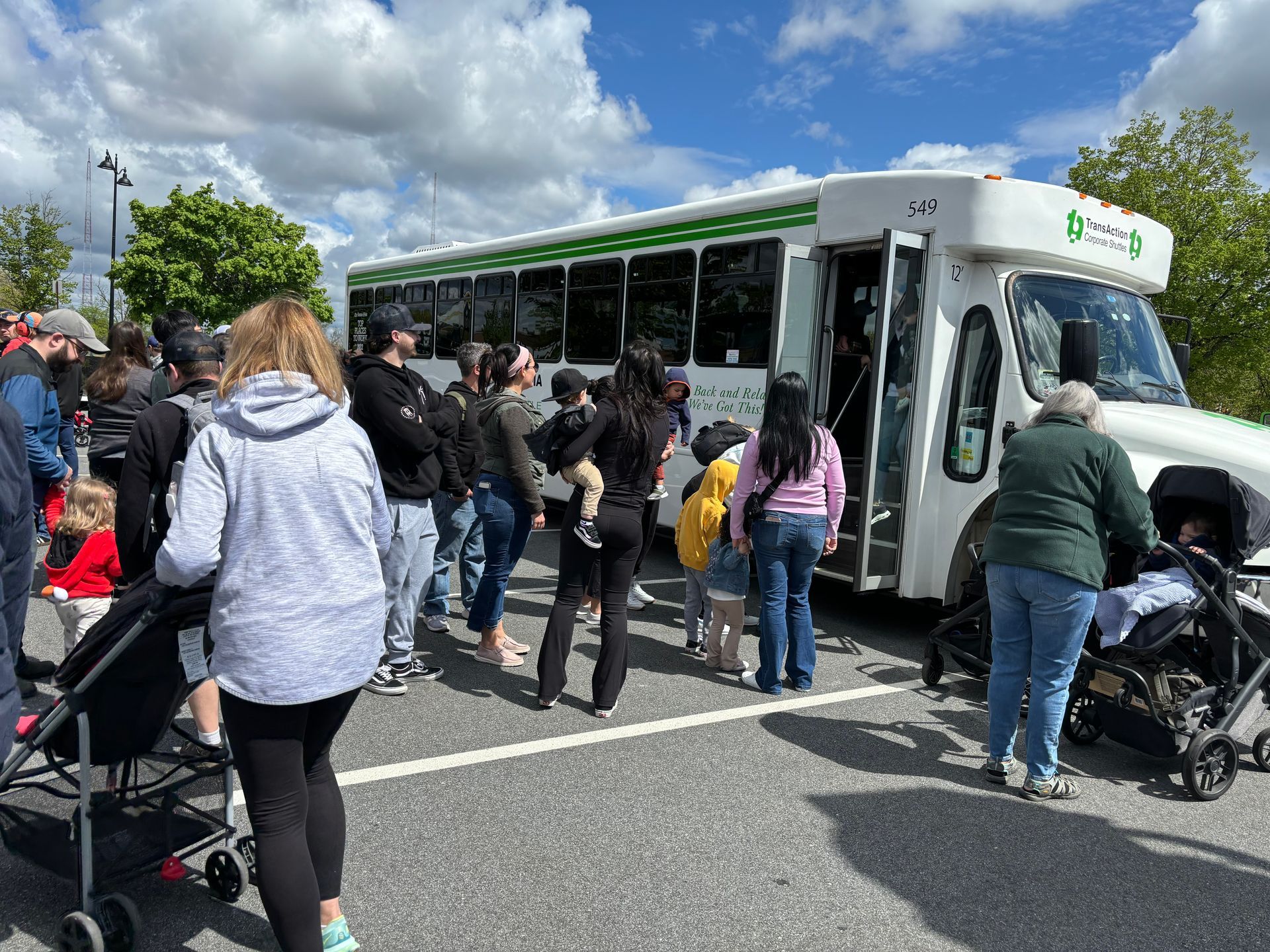
On May 11, the Burlington Mall hosted its popular Touch a Truck event at The Park, drawing families for a day of hands-on fun. The event featured a wide range of vehicles, from fire trucks and construction loaders to farm equipment, big rigs, RVs, and sleek cars.
TransAction’s Middlesex3TMA shuttle was present at the event, offering attendees a closer look at the Transportation Management Association (TMA) dedicated to improving transportation infrastructure within the M3 Corridor region. This shuttle service connects the MBTA at Alewife Station to various stops within the M3 Corridor, providing a vital link for commuters.
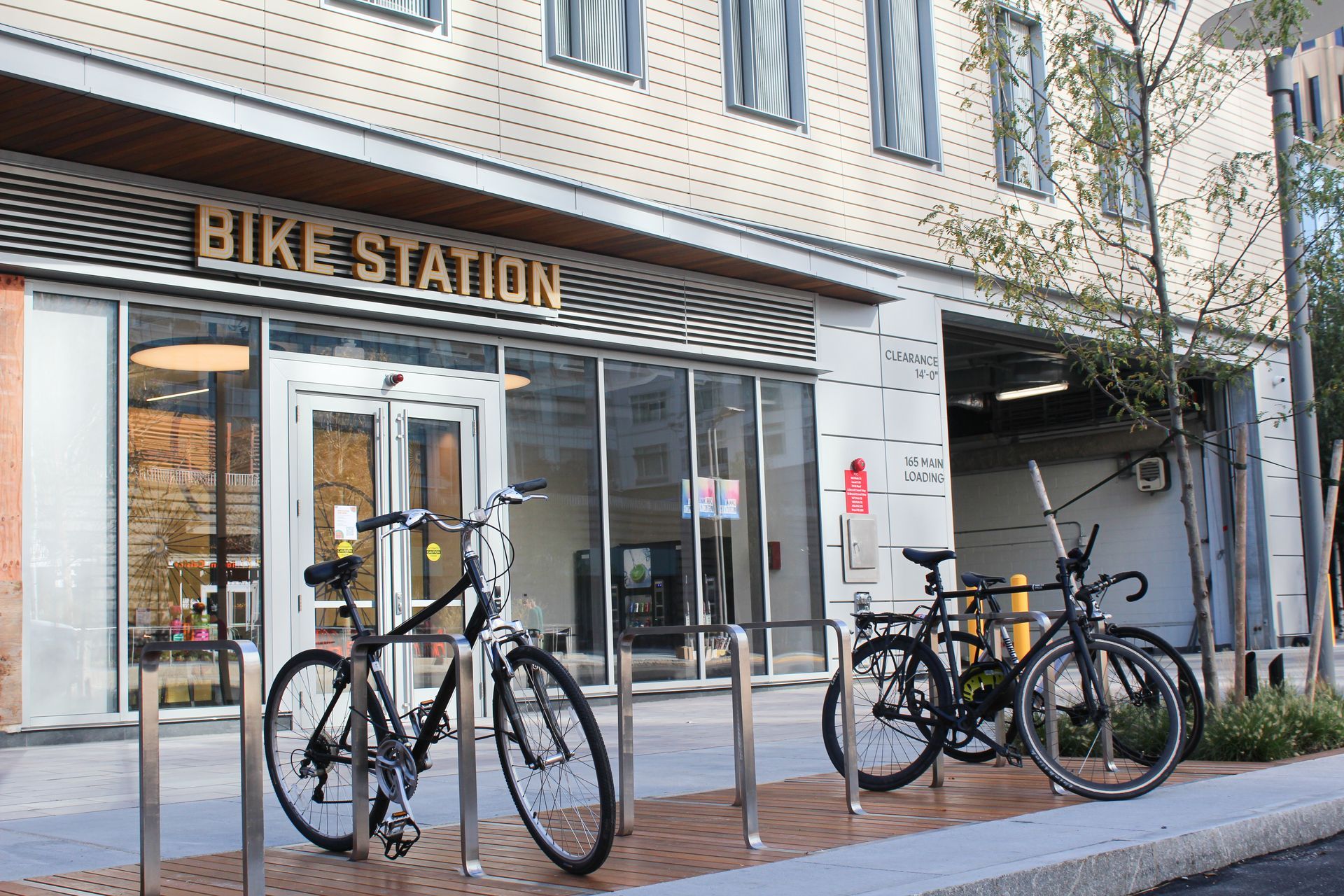
Overall, Massachusetts is pedaling in the right direction, getting an “A” for being bicycle friendly according to a 2022 report card from the League of American Cyclists. So, what can individual companies looking to shift gears and move towards environmentally friendly employee benefits do to promote bicycling? Here are five things employers can offer to help encourage employees to bike to work:
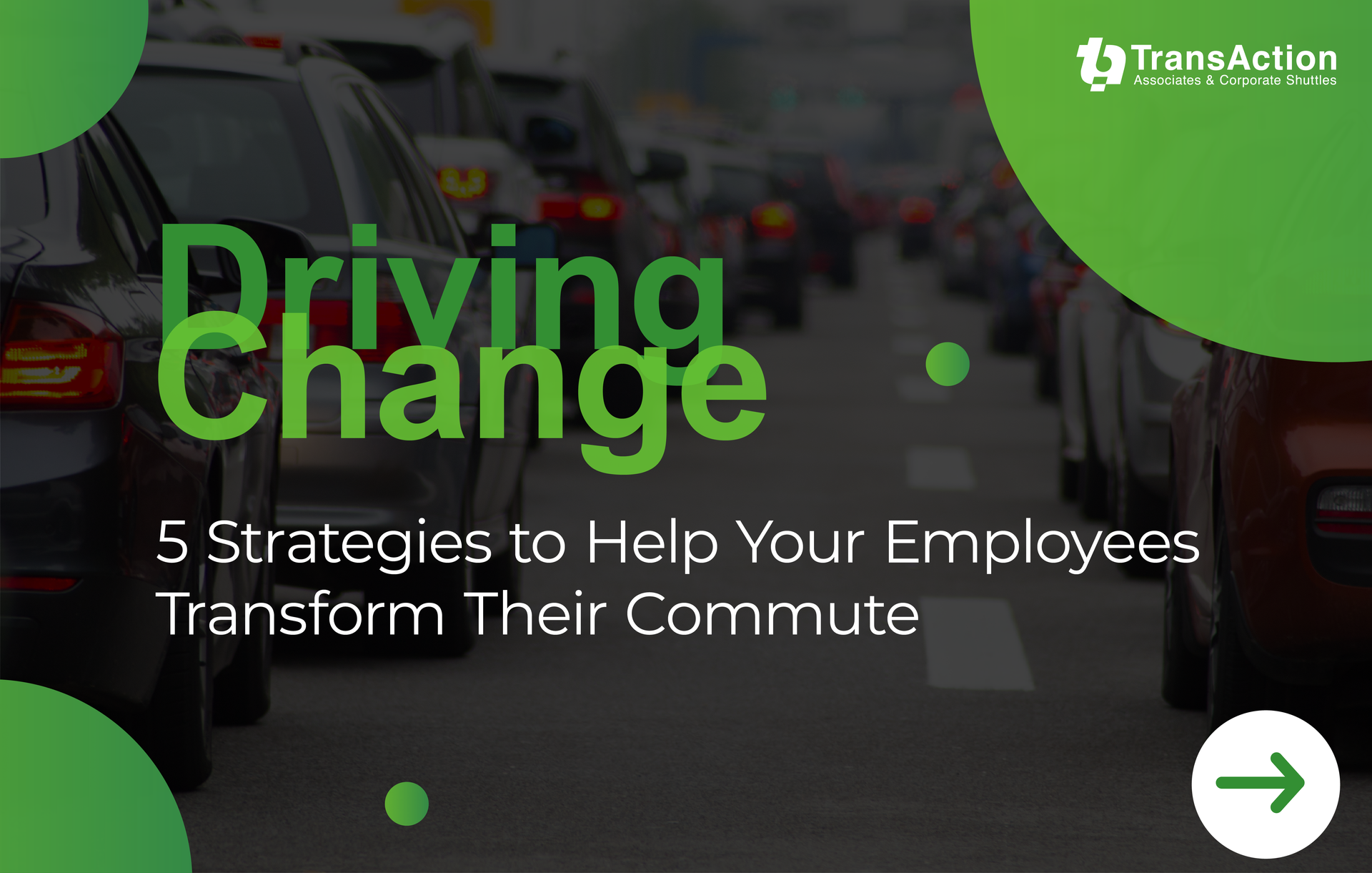
Just mention the word “commuting” and blood pressures start to soar. Even the calmest driver starts to prickle with anxiety when faced with the prospect of wasting up to 51 hours per year stuck in traffic. With so many employees making a return to the office either full or part time, the issue of how to ease concerns over commuting has become a hot topic. Here are 5 proven commuting strategies that can transform the journey between home and work from a stress-inducing slog into something more productive --and maybe even calming.
Stay Up To Date!

On May 11, the Burlington Mall hosted its popular Touch a Truck event at The Park, drawing families for a day of hands-on fun. The event featured a wide range of vehicles, from fire trucks and construction loaders to farm equipment, big rigs, RVs, and sleek cars.
TransAction’s Middlesex3TMA shuttle was present at the event, offering attendees a closer look at the Transportation Management Association (TMA) dedicated to improving transportation infrastructure within the M3 Corridor region. This shuttle service connects the MBTA at Alewife Station to various stops within the M3 Corridor, providing a vital link for commuters.

Overall, Massachusetts is pedaling in the right direction, getting an “A” for being bicycle friendly according to a 2022 report card from the League of American Cyclists. So, what can individual companies looking to shift gears and move towards environmentally friendly employee benefits do to promote bicycling? Here are five things employers can offer to help encourage employees to bike to work:

Just mention the word “commuting” and blood pressures start to soar. Even the calmest driver starts to prickle with anxiety when faced with the prospect of wasting up to 51 hours per year stuck in traffic. With so many employees making a return to the office either full or part time, the issue of how to ease concerns over commuting has become a hot topic. Here are 5 proven commuting strategies that can transform the journey between home and work from a stress-inducing slog into something more productive --and maybe even calming.

For more than a decade, TransAction has been providing transportation management services for large events in Massachusetts. From planning bus routes for walk and race participants, to coordinating multiple service providers, to staffing ground crew, TransAction ensures that transportation operations go smoothly on the day of your event.


